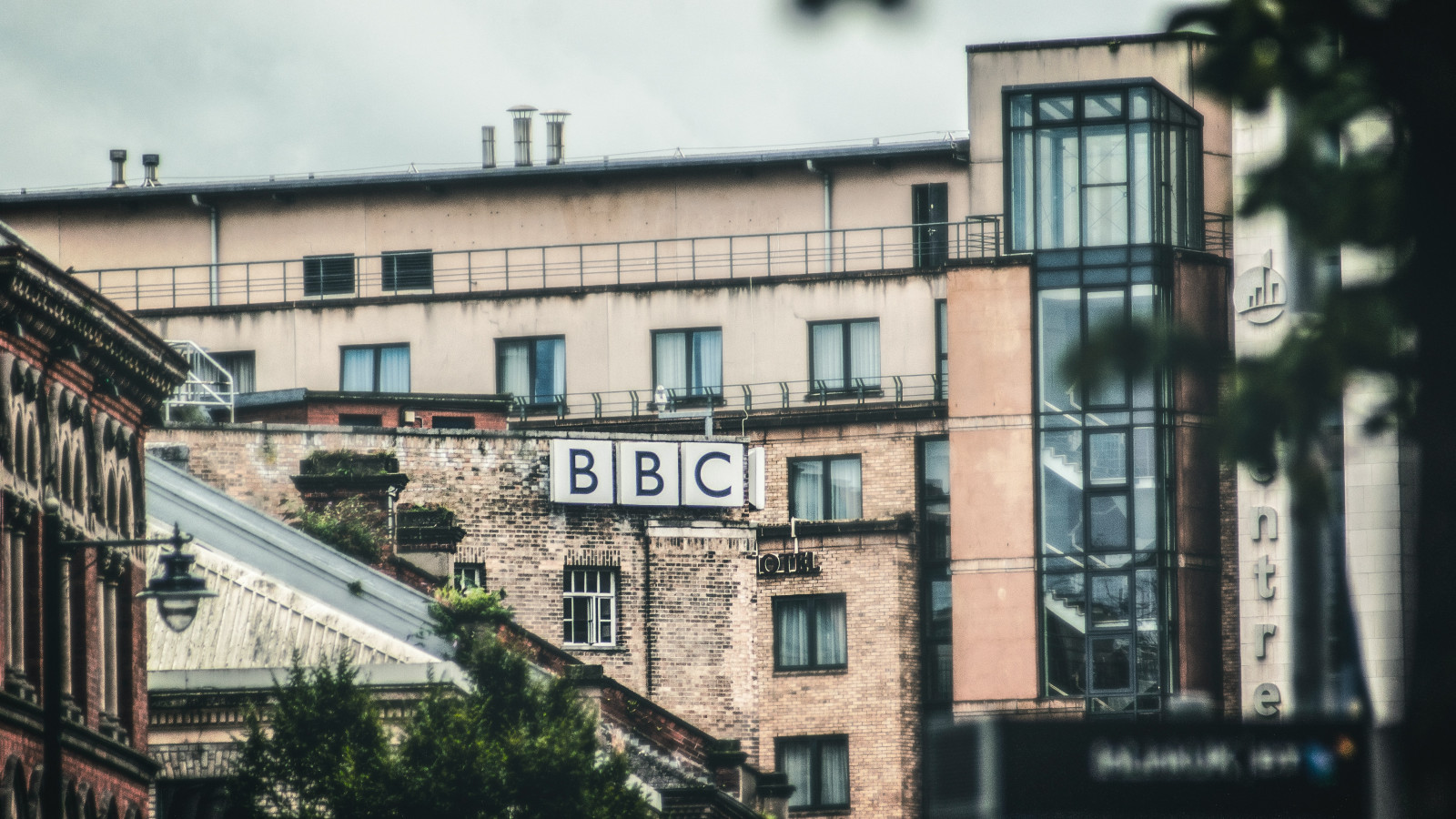BBC signals radio’s shift to the podcast market

Photo: K. Mitch Hodge

The BBC has traditionally stuck to public programming for its radio arm. However, BBC Radio is now shifting some of its programming to BBC Studios, meaning it can now be offered for global distribution on major podcast platforms, like Spotify. This is crucial, as the UK government has cut the BBC’s funding until 2024, and TV licensing fees – which make up two thirds of BBC’s funding – will be terminated in 2027. With more BBC Radio shows — including iconic ones like Desert Island Discs — coming to major platforms, including Apple and Spotify, the BBC can reach global audiences and kick-start the transition of radio shows to podcasts; an opportunity that radio must exploit to grow its audience and compete in the streaming era.
Radio is the original audio programmer
Streaming transformed audio consumption, challenging radio’s stronghold of the market. Now, as traditional radio steadily declines, networks must find new audiences beyond analogue consumption. Enter podcasts. Podcasts are essentially the on-demand version of radio, and with decades of professional experience in audio programming, radio networks have a competitive advantage to enter the space. Moreover, radio’s expertise is in genre programming, specifically in news, which is a top genre among podcast listeners, and is the BBC’s speciality. This transition in formatting will amplify the BBC’s position in the podcast market by both retaining audiences and finding new listeners, who are perhaps more familiar with podcasts over radio.
Featured Report
Defining entertainment superfans Characteristics, categories, and commercial impact
Superfans represent a highly valuable yet consistently underleveraged audience segment for the entertainment industry. What drives this disconnect is the fact that – despite frequent anecdotal use of the term – a standardised, empirical definition remains absent, preventing companies from systematically identifying, nurturing, and monetising th...
Find out more…Setting sights on the global horizon
While podcasts are not a new format, the current market is still in the beginning stages of a mainstream push and has only just begun to explore global opportunities. Thus, networks must take advantage of the “open podcast ecosystem” and utilise as many platforms as possible to grow podcasts on a larger scale, before siloing shows on specific services. Although the BBC’s audio streaming app, BBC Sounds, is a top three podcast platform in the UK, it does not have the global presence of others. BBC Sounds’ latest partnership with Spotify’s Megaphone will help listeners discover more BBC podcasts across all major podcast platforms. We will see podcast companies continue to expand globally to maximise format growth and monetary opportunities. In addition to a number of both returning and new shows, the BBC is launching podcasts from five new creators in its Audio Lab podcast development program.
While the BBC’s new initiatives create more opportunities for the BBC to find new listeners, it also intensifies the competition for ears in the saturated audio landscape. The trade body for the UK audio industry echoed this sentiment, expressing its concerns for indie voices competing against the BBC’s network. As Spotify and other platforms expand podcast creator offerings to attract more independent talents, these companies must ensure that there is enough space for those voices to find audiences, illustrating the importance of podcast discovery features.

The discussion around this post has not yet got started, be the first to add an opinion.